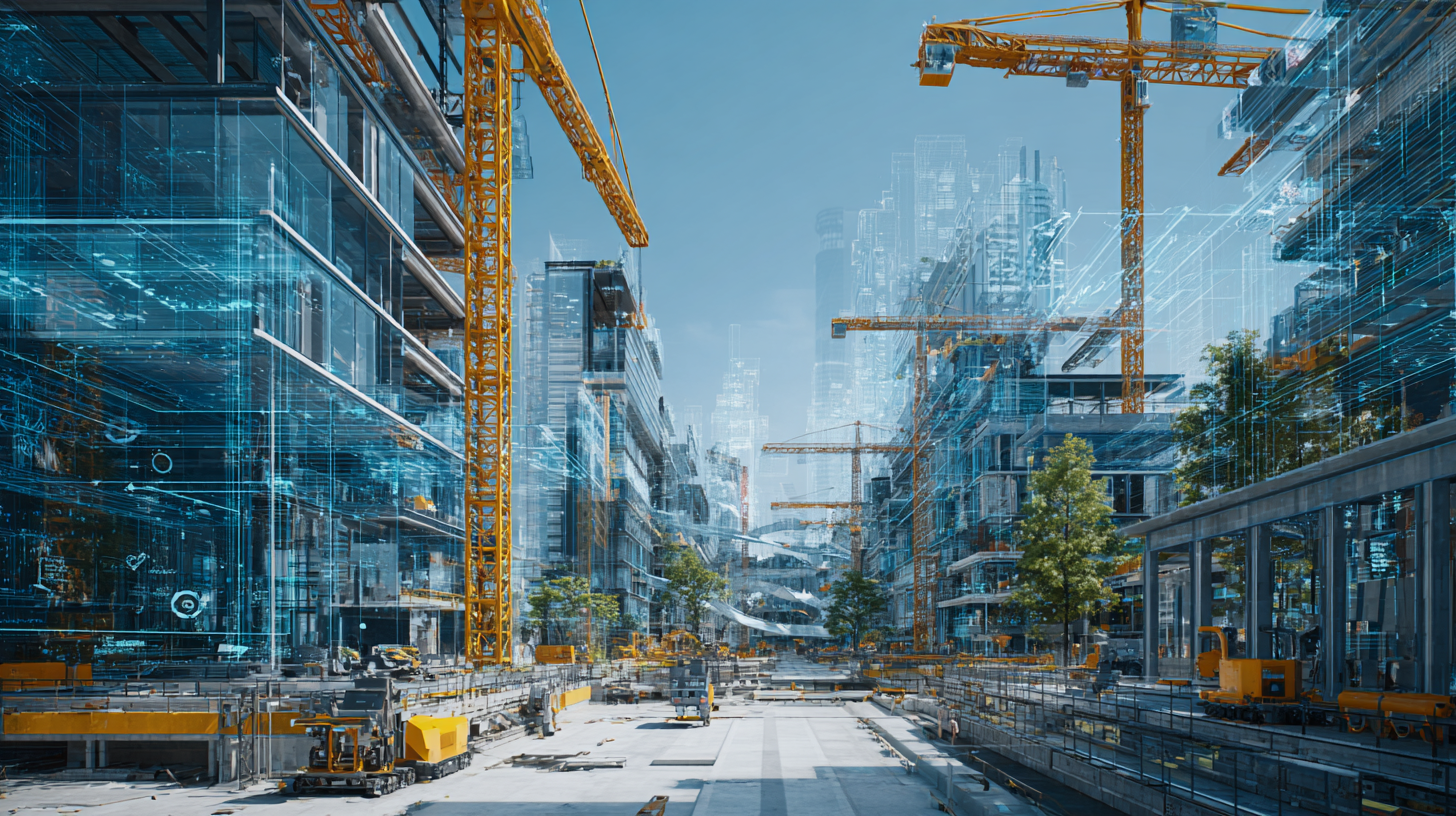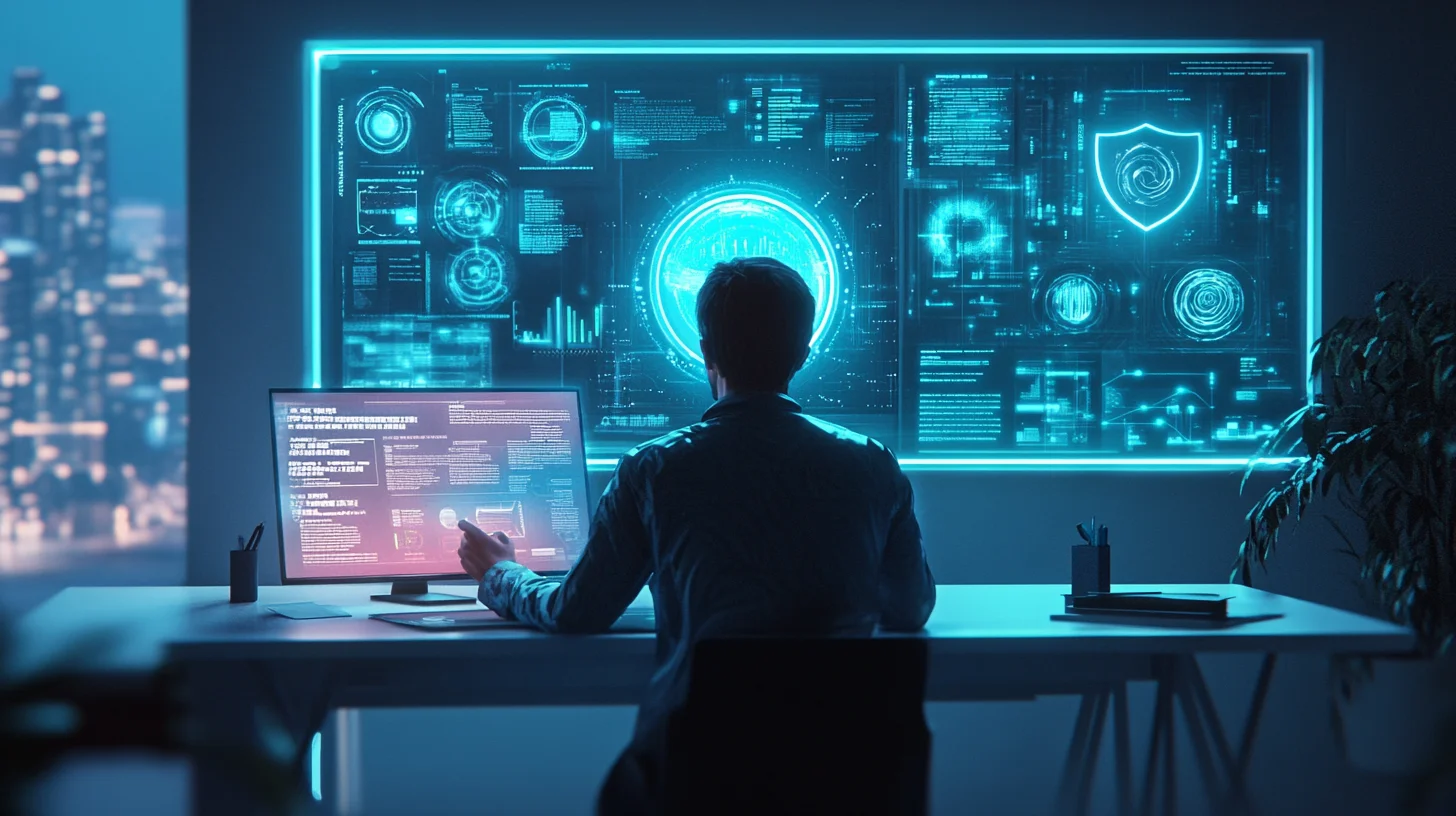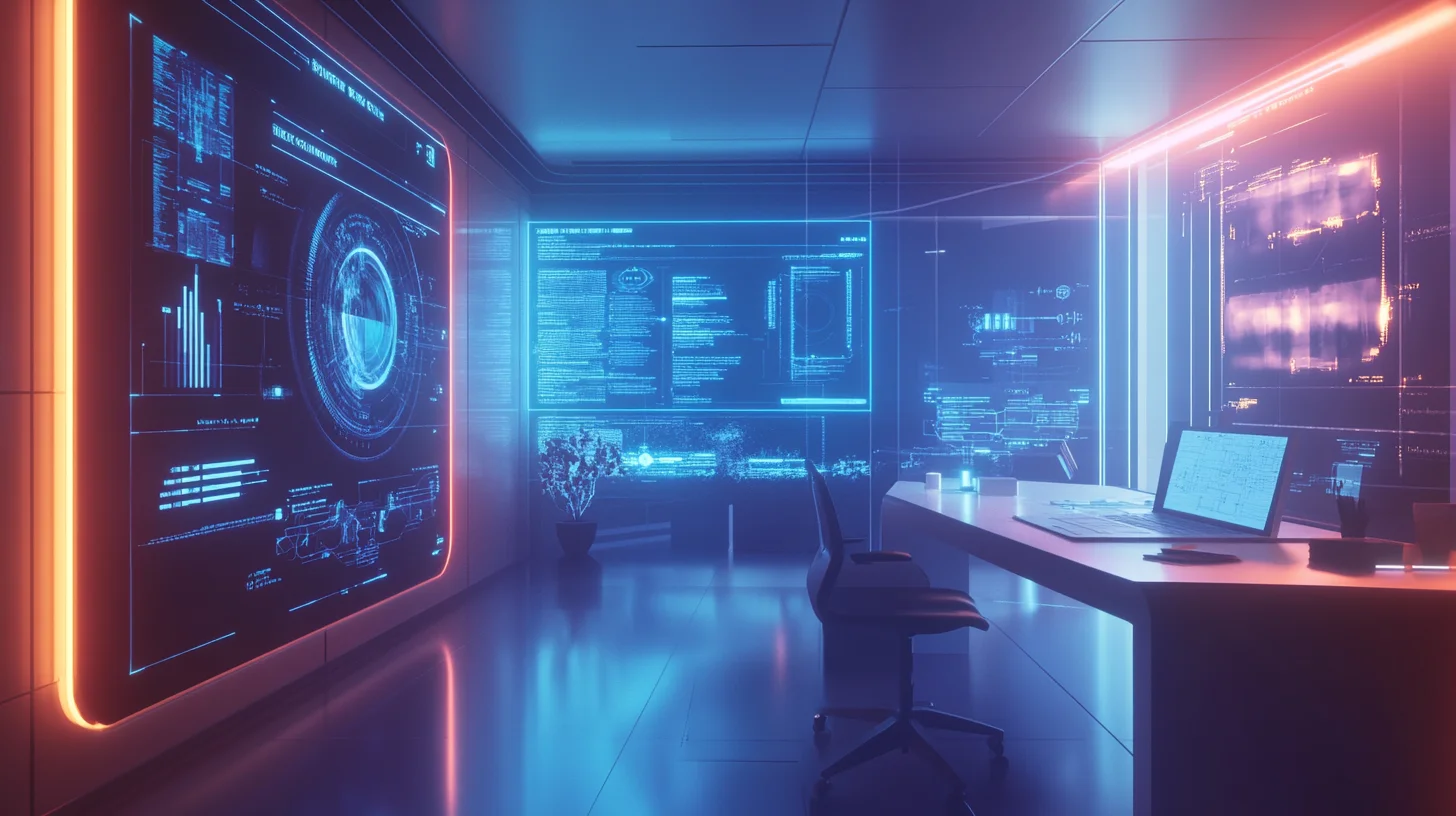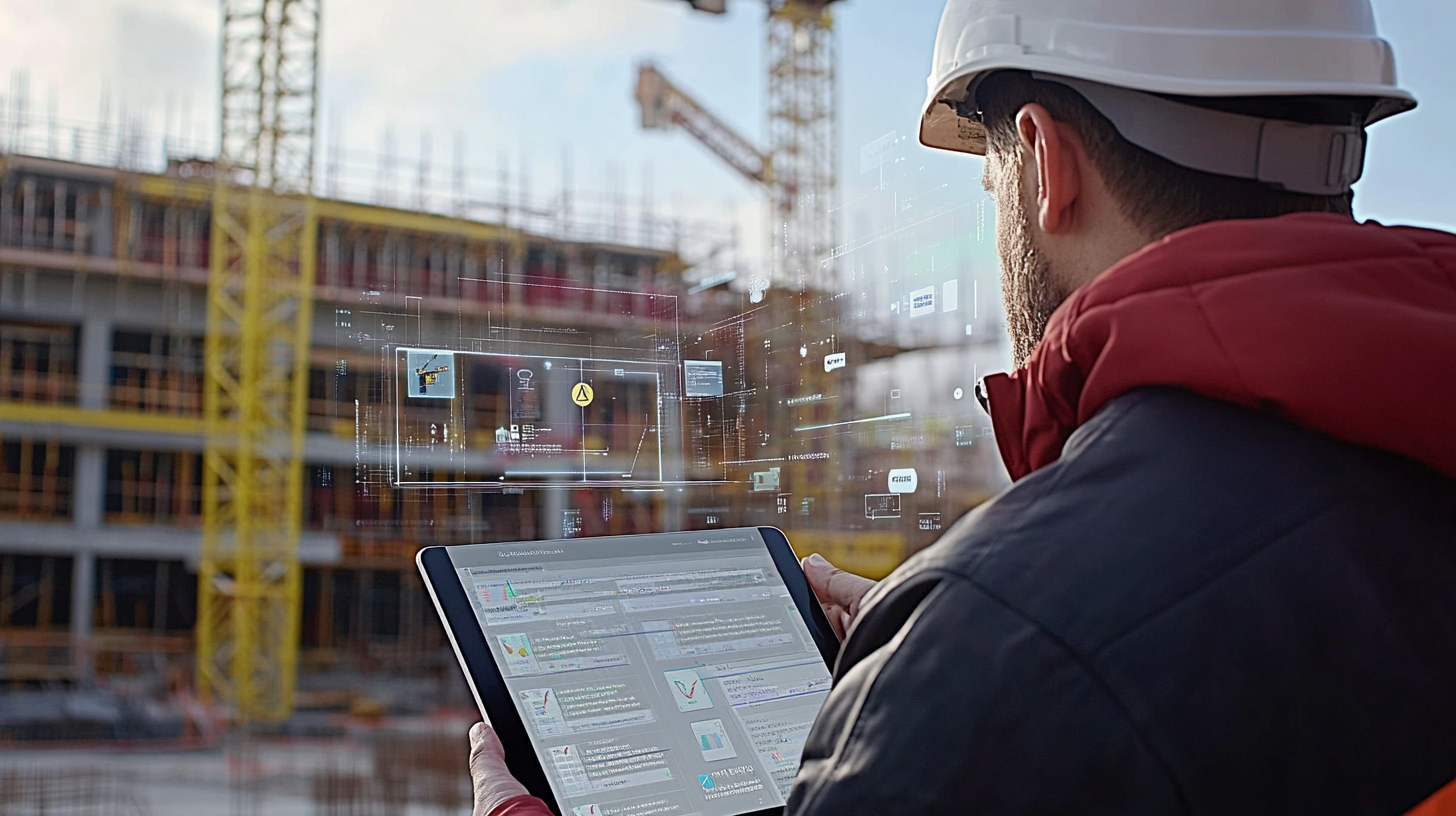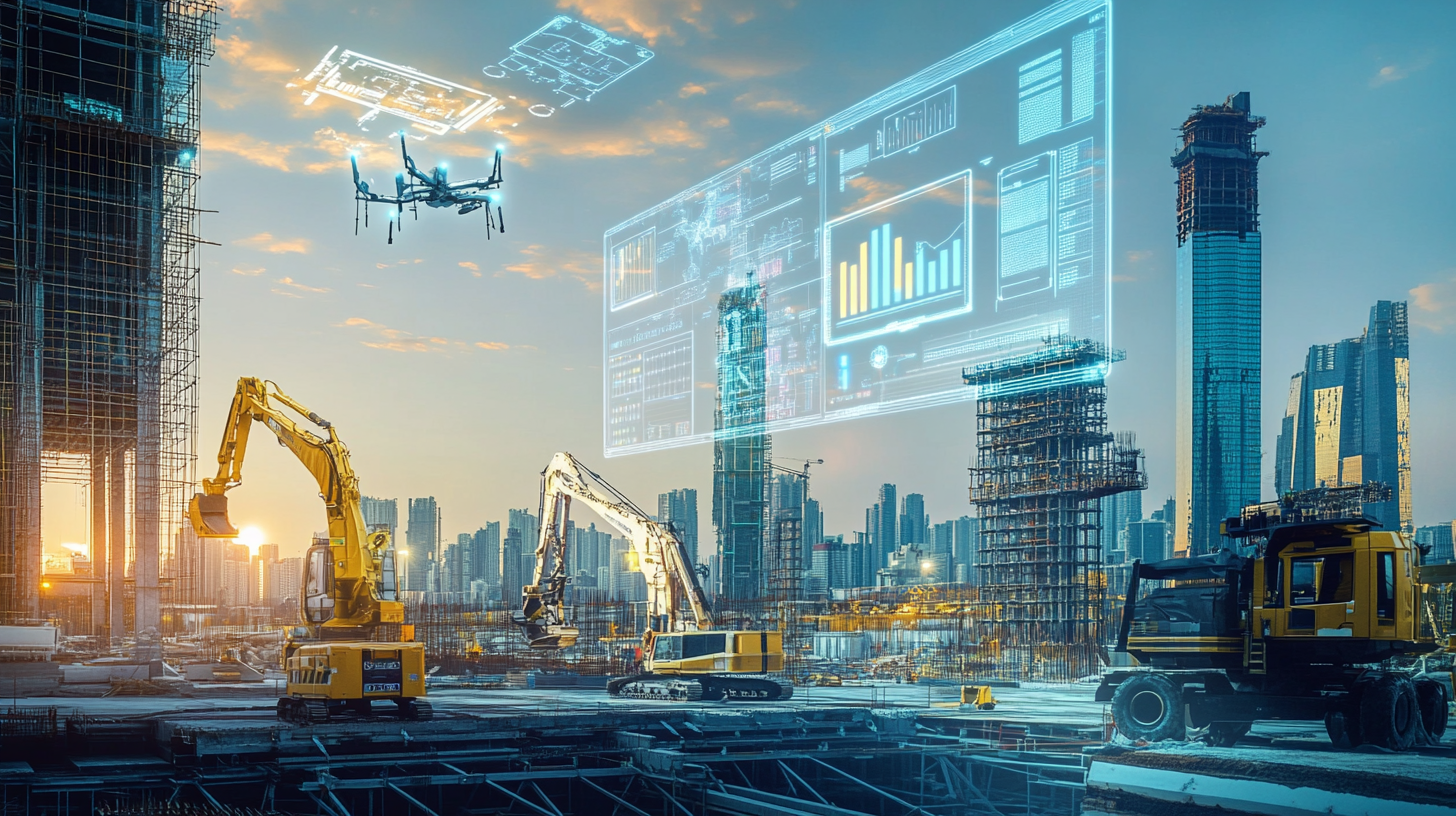
How AI is Revolutionizing Real-Time Construction Monitoring and Management
Artificial intelligence (AI) is transforming industries at an unprecedented pace, and construction is no exception. With the rise of cutting-edge technologies, outdated workflows are being replaced with smart, efficient systems. One of the most groundbreaking advancements lies in real-time construction monitoring and management, enabling better safety, productivity, and cost-effectiveness on construction sites.
For construction managers, project developers, and tech enthusiasts, understanding the role of AI in construction is pivotal to staying ahead in a competitive industry. This blog explores how AI is redefining construction site operations, key technologies driving its adoption, and actionable benefits for the construction sector.
What is AI-Driven Real-Time Monitoring?
AI-driven real-time monitoring uses modern technologies like sensors, machine learning algorithms, and predictive analytics to examine and manage construction site operations. By leveraging live data, AI tools can detect issues, predict outcomes, and optimize processes efficiently.
Key Technologies in Real-Time Monitoring:
- IoT Sensors: Connected devices collect data on environmental conditions, machinery usage, and worker presence.
- AI Algorithms: These analyze massive datasets to extract insights, recognize patterns, and identify risks.
- Machine Learning: Adaptive algorithms learn from the data they analyze, continuously improving their predictions.
- Computer Vision: Cameras and drones equipped with AI track site activities like material usage, machinery performance, and safety compliance.
By combining these technologies, AI-driven monitoring gives managers full visibility into operations, empowering them to make informed decisions in the moment.
Key AI Technologies Used in Construction Monitoring
1. Internet of Things (IoT) and Sensors
IoT-enabled devices provide constant, real-time data about various aspects of the construction site:
- Real-time tracking of material delivery.
- Monitoring environmental changes, like temperature or humidity, to avoid structural defects.
- Identifying site activity irregularities to prevent damage or delays.
2. Machine Learning Algorithms
Machine learning enhances construction planning by analyzing historical trends and identifying patterns. For example, if equipment breakdowns or scheduling conflicts are recurring issues, machine learning can flag these concerns before they escalate.
3. Computer Vision
Using AI-powered cameras and drones, teams can monitor workers and machinery on-site to ensure safety standards are met. These tools also improve site surveillance, helping detect unauthorized access or unsafe activity.
4. Predictive Analytics
Prediction engines powered by AI help foresee potential bottlenecks like material shortages or weather-induced delays. Managers can prepare early interventions, reducing downtime and keeping projects on track.
Benefits of AI for Real-Time Construction Monitoring
The integration of AI into construction has proven invaluable across several dimensions:
Improved Safety
AI tools detect safety hazards in real time, sending alerts to supervisors if workers enter high-risk zones without safety equipment.
Enhanced Productivity
By tracking progress in real time, teams can complete tasks efficiently while minimizing interruptions.
Cost Efficiency
AI reduces inefficiencies by continuously analyzing resource usage and labor input, ultimately cutting down on waste and unnecessary expenses.
Better Decision-Making
Access to live data ensures managers can make critical decisions quickly and confidently, supported by actionable insights.
For more insights on cost efficiency in construction, check out our article on how construction software minimizes waste and maximizes ROI.
Real-Time Monitoring in Action: Use Cases
AI technology offers practical applications that are transforming construction site operations:
1. Progress Tracking
AI helps construction managers track project milestones and schedules without manual intervention. Real-time updates on task completion enable teams to stay on schedule.
2. Site Surveillance
AI-equipped drones and security cameras perform regular scans of construction sites, ensuring safety and preventing trespassing or theft.
3. Equipment Monitoring
IoT-enabled sensors can track the condition, performance, and maintenance schedules of critical equipment such as cranes and drills.
4. Workforce Management
AI systems track worker attendance and productivity, enabling project managers to optimize labor allocation effortlessly.
For more details on how real-time data improves worker productivity, visit our guide to managing construction labor with AI.
AI-Driven Insights for Project Management
AI offers more than just process improvements; it also transforms how projects are managed overall. Key benefits include:
Data-Driven Insights
AI converts raw data into actionable insights, enabling managers to assess efficiency, budget adherence, and risk factors.
Risk Management
Through predictive analytics and historical analysis, AI spotlights potential risks, such as looming material shortages or delays caused by extreme weather.
Real-Time Reporting
AI makes real-time reporting seamless by automating data visualization. Dashboards display performance metrics like budget utilization, timeline progress, and workforce efficiency at a glance.
To explore how dashboards improve reporting, visit our article on integrating reporting tools in construction projects.
Challenges and Considerations
Adopting AI in the construction industry isn’t without challenges. Here’s what you should consider during implementation:
Data Security
Sensitive site data can be vulnerable to hacking. Establishing robust policies and securing AI platforms is critical.
Integration with Existing Systems
AI tools must seamlessly work with existing construction software and workflows for maximum efficiency.
High Initial Investment
While cost-saving in the long run, implementing AI technologies and IoT devices requires a significant upfront investment.
Training and Adaptation
Training your workforce to use AI tools effectively is crucial for seamless adoption.
The Future of AI in Construction Monitoring
Looking ahead, the integration of AI into construction is set to revolutionize the industry further:
AI and Automation
AI will collaborate with robotics and autonomous vehicles to make construction sites more efficient.
Evolution of Smart Construction Sites
Expect more “smart sites” where AI powers everything from resource allocation to carbon footprint reduction.
AI in Sustainable Construction
With a higher focus on sustainability, AI-based monitoring systems will optimize resource usage, reduce energy consumption, and minimize waste.
Drive Your Next Project with AI Construction Monitoring
AI is no longer a futuristic concept; it’s a real-world tool transforming construction management today. From boosting operational efficiency to enhancing safety, AI-powered technology has become indispensable for companies striving to gain a competitive edge.
If you’re a construction manager or developer ready to explore AI for real-time construction monitoring, the future of smarter and more sustainable construction projects starts with adopting these cutting-edge solutions. Don’t wait to innovate. Explore our resources and join the revolution.
